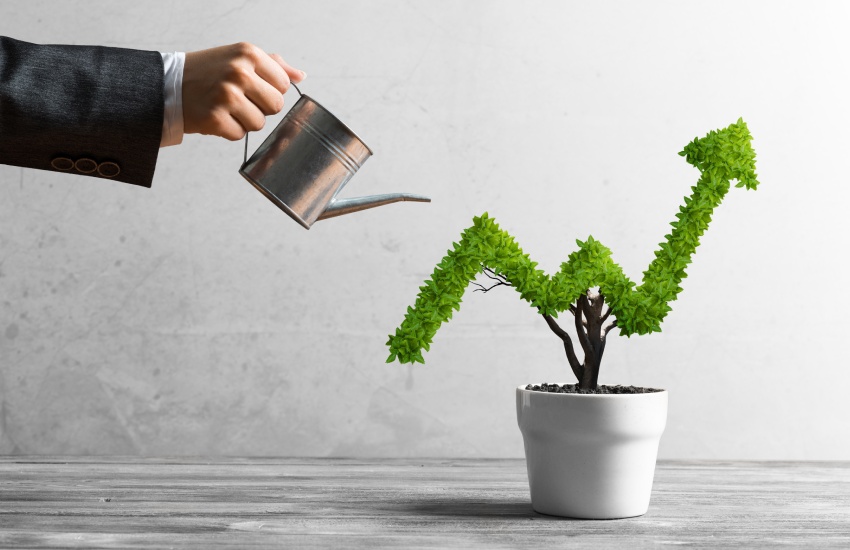Have you ever told yourself that you’ll never be any good at a particular task or skill, no matter how hard you try? Or do you define setbacks as learning experiences rather than dead ends?
Clearly, those two approaches are very different, and they have also been defined as the effects of having either a ‘fixed’ or ‘growth’ mindset. It’s part of a theory focused on people’s different beliefs about the underlying nature of ability developed by American psychologist, Professor Carol Dweck.
“Whether people realise it or not, a person’s mindset influences the choices they make,” says John Rives, co-founder of the Growth Mindset Institute. “In a fixed mindset, you believe your ability and talents in certain areas are limited, and that can’t change. Like people who say, ‘I’m not a maths person, and I never will be, no matter how hard I try.’”
Rives says this pessimistic view of the world – where you think you can’t become competent regardless of the effort you put in – leads to people not trying, or avoiding or giving up on tasks.
“The challenge becomes when you have a fixed mindset about something and it’s essential to your success,” he says. “What’s going to happen in that moment is you’re not going to persist.
“You can see in a business, particularly a small business, that if someone says, ‘I’m just not very good at numbers’, how that might tend to drive them to deal with gut feeling. They won’t validate or search out data to prove that there’s an opportunity in the market.”
Growth mindsets equal success
Growth mindsets are about going in the opposite direction and actively seeking out new experiences and information at every opportunity.
“With a growth mindset, you tend to believe you have the potential to succeed and improve and get better, and your focus is on learning and growth, not on the outcome,” says Rives.
“With a fixed mindset, you tend to worry about the outcome more. With a growth mindset, you tend to worry about the journey and therefore you’re not as worried about challenges and setbacks. They are just part of the process of getting better.”
Someone with a growth mindset believes they can, and will, become competent. They approach new challenges with an “optimistic drive”, notes Rives.
“You can see how when you apply a growth mindset to something, your motivation, progress and growth are dramatically improved,” he says.
“People can start to recognise how fixed mindset moments are influencing their decisions and they can stop, reflect and choose to go a different path toward growth.”
Rives believes that small business owners, in particular, need to consider their mindset when faced with challenges or opportunities.
“Starting to recognise when your fixed mindset is influencing you is quite critical,” he says, “because it unlocks the potential of the business to innovate, learn and grow.”
Do you need to look at your accounting practice with fresh eyes? Our specialist team at MYOB are here to help. Click here for further information and business resources.
 Login
Login









You are not authorised to post comments.
Comments will undergo moderation before they get published.